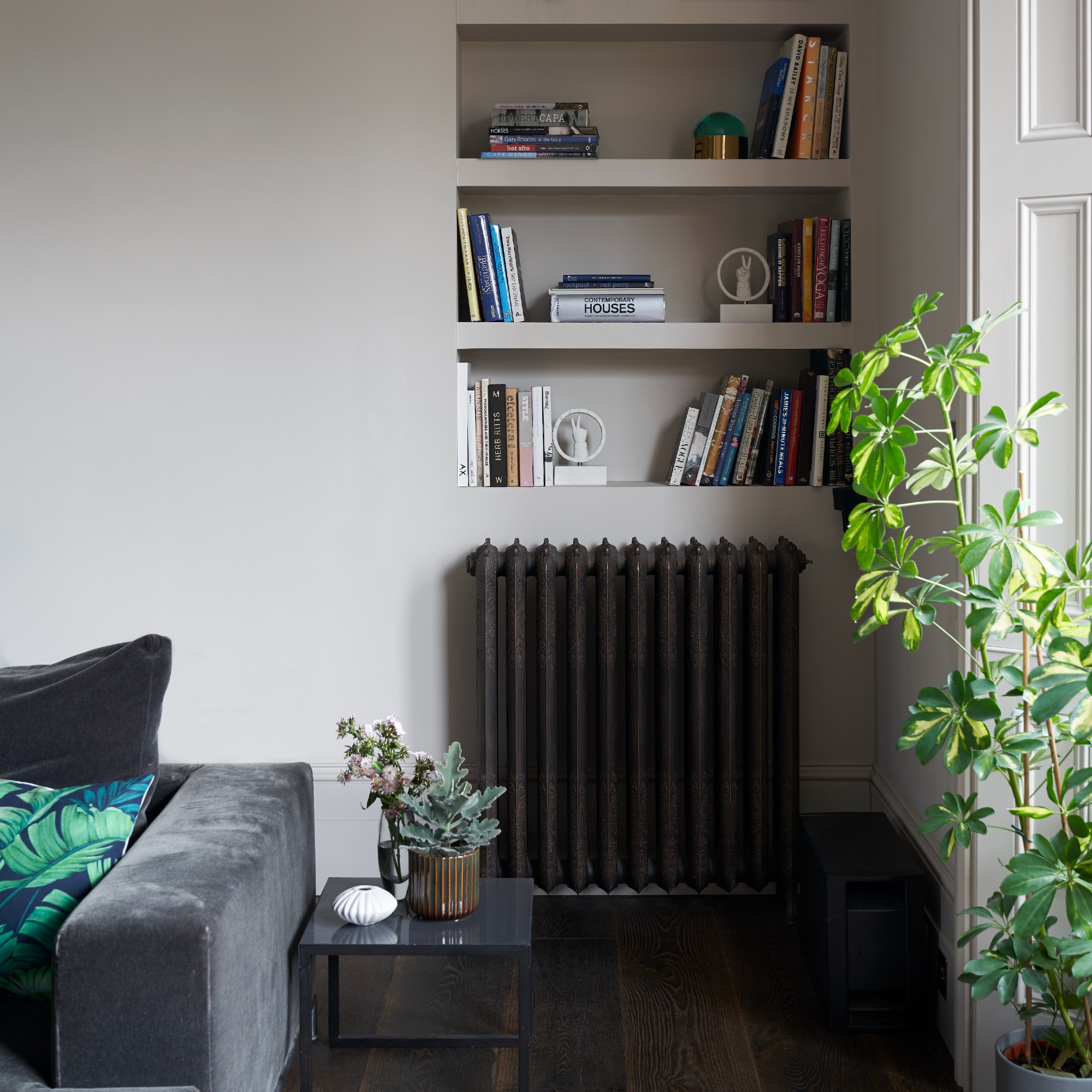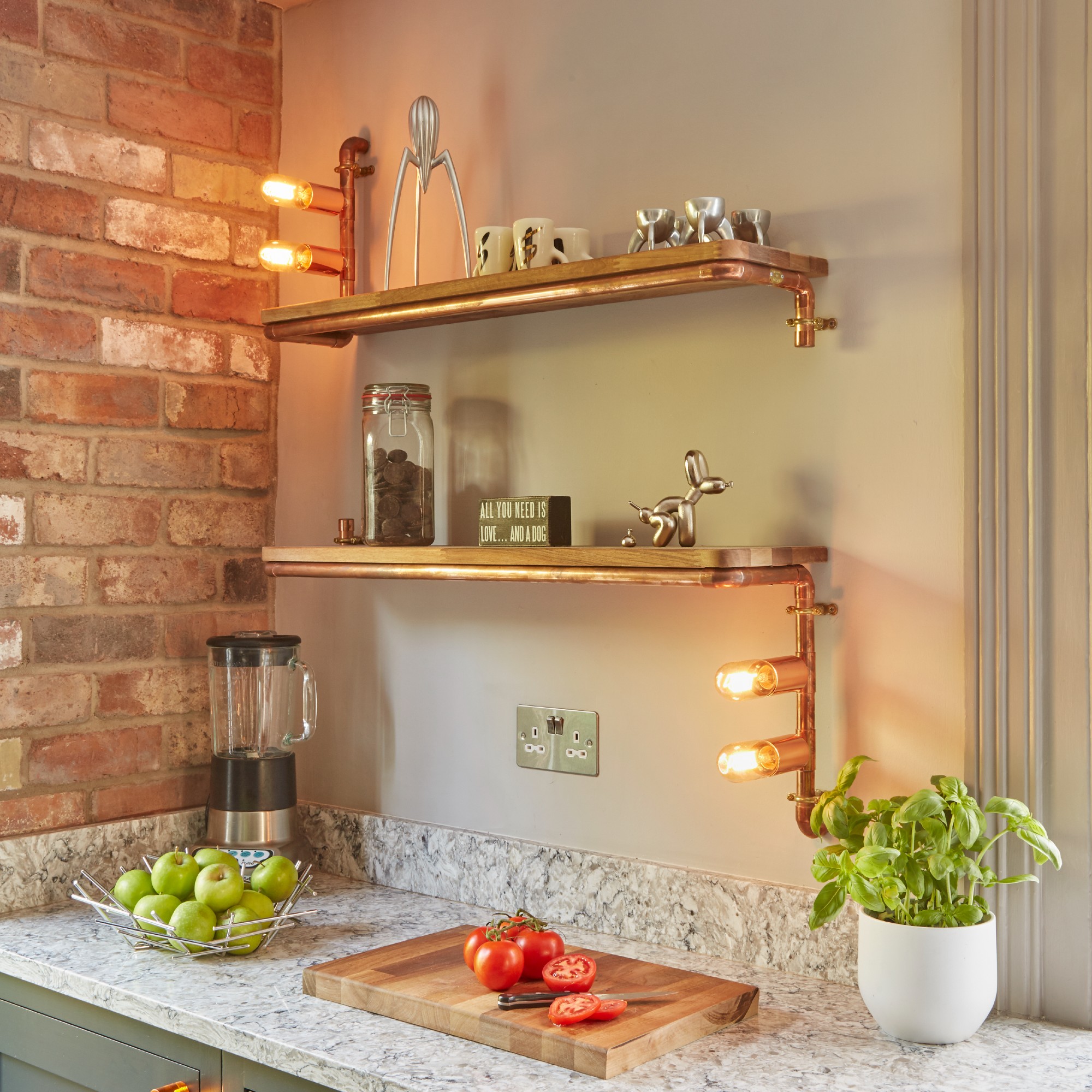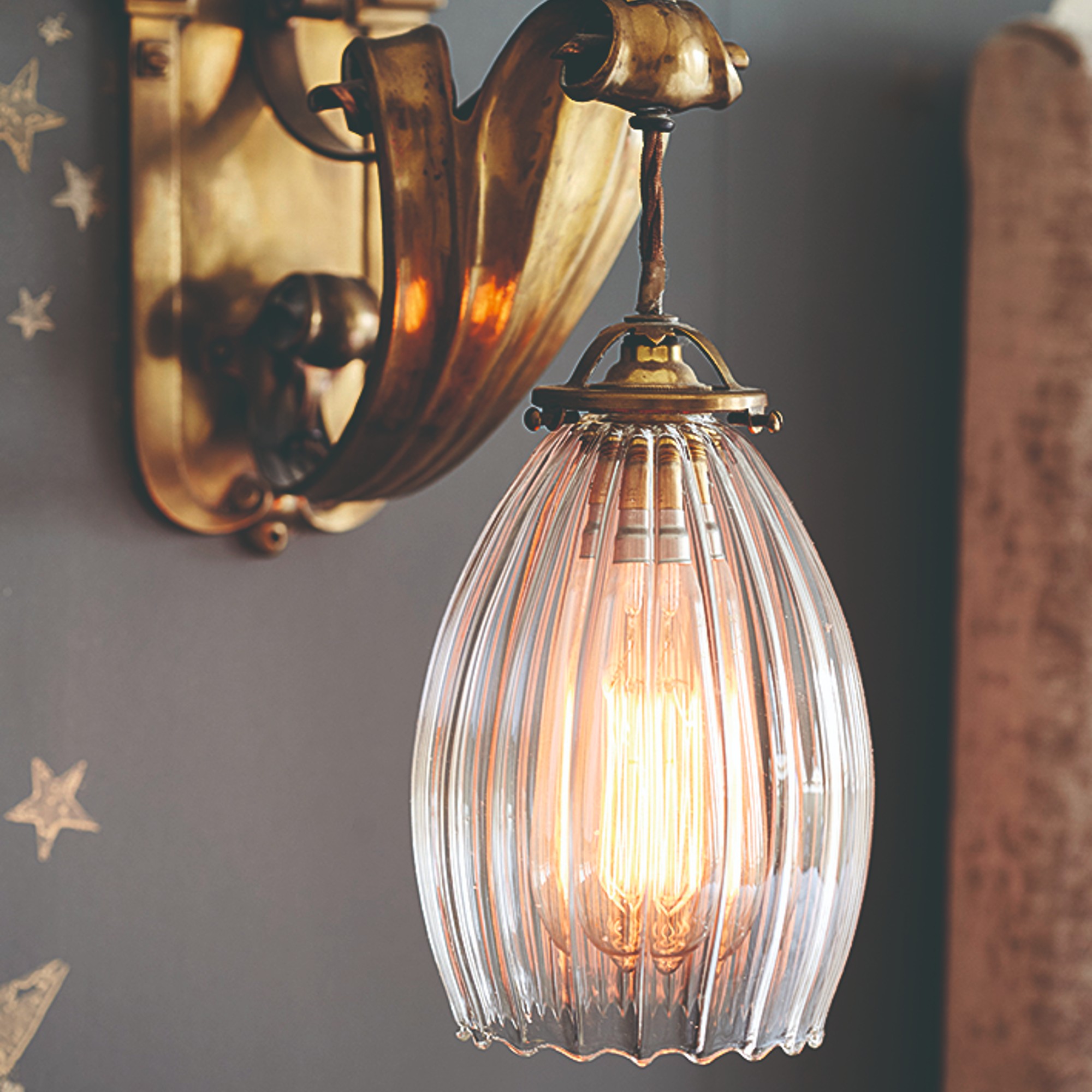Your energy bill will lower by 7% from July – Ofgem announces the latest energy price cap drop
It's good news all around as the energy price cap drops for the second consecutive quarter


It seems that things might just be turning for the better as this morning as Ofgem announced the new energy price cap figure which will take effect from 1st July to 30th September of this year – and it's lower than the previous quarter, for the second time in a row.
The independent energy regulator for the UK set the July energy price cap at £1,568 for dual-fuel households, in other words homes using both electricity and gas, paying by direct debit. This is a 7% drop from the previous (and current) April energy price cap which was set at £1,690 and will still be in effect until the end of June. And that figure was a 12% decrease from the previous January energy price cap.
The latest energy price cap figure makes it the lowest it's been in the last two years, even though it still hasn’t matched the pre-pandemic numbers. However, despite the good news, experts warn against getting lulled into a false sense of security in regard to future energy prices.

Ofgem announces July 2024 energy price cap
The energy price cap is the maximum energy companies can charge their customers per kilowatt hour of used electricity and gas with the addition of a standing charge per day. It is expressed as an average annual cost for what Ofgem calls a ‘typical consumer’ and their regular energy use, which in turn is based on the national average usage. This changes every three months.
‘A further decrease in the price cap in July will be welcome news to many, the drop of £122 from 1st July means that the average annual energy bill will be just over £500 cheaper than a year ago,’ says Gareth Kloet, Go.Compare’s energy spokesperson.
‘However, many bill payers will still be paying more for their energy than before the Covid-19 pandemic which means that energy consumption will still be a big issue for families across the UK.’

Industry experts’ warning
The drop of the price cap was expected by the industry, as the UK’s principal energy cost predictor, Cornwall Insight, forecasted the July energy price cap would drop to £1,574.37 prior to today, which was off by mere £6.37. But similarly, experts predict that the price cap will rise again from October.
Sign up to our newsletter for style inspiration, real homes, project and garden advice and shopping know-how
‘It’s important that people don’t get lulled into a false sense of security,’ says Ben Gallizzi, energy expert at Uswitch.com. ‘The price cap changes every three months, and it’s predicted that it will rise again in October and stay that way throughout winter.’

How to prepare
Ben continues with some tips on how to prepare for that situation. ‘Now is a good time for households on a standard variable tariff, or for those coming to the end of a fixed deal, to compare their options. There are some fixed deals that are cheaper than the current price cap, and even some that are lower than the rates that will come into force from July.'
'The only way to get certainty over your energy bills, particularly as wholesale prices continue to fluctuate, is to sign up to a fixed deal. If you're already on a fixed deal, it’s worth remembering that you can leave up to 49 days before it ends without paying a penalty — so shop around early.’

Gareth of Go.Compare also shares some advice on how to save energy at home, ‘While we cannot change the overall cost of energy bills, there are things you can do to keep costs down across the home and being mindful of your consumption is good practice generally.'
'There are a number of small changes that you can make around the house which could help you save on your bills, such as turning off appliances that are in standby mode, washing clothes at a lower temperature and turning down your thermostat,’ he concludes.
But for now, let us all be happy about the current good news.

Sara Hesikova has been a Content Editor at Ideal Home since June 2024, starting at the title as a News Writer in July 2023. She is now also the Ideal Home Certified Expert in Training on Furniture, and so far has tested over 150 different sofas.
Graduating from London College of Fashion with a bachelor’s degree in fashion journalism in 2016, she got her start in niche fashion and lifestyle magazines like Glass and Alvar as a writer and editor before making the leap into interiors, working with the likes of 91 Magazine and copywriting for luxury bed linen brand Yves Delorme among others.